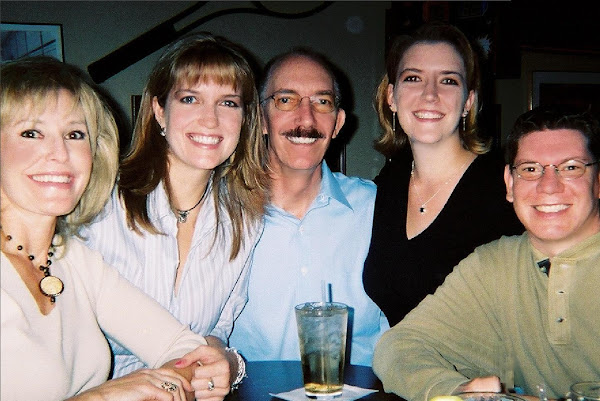 One of the things that shape you in the armed forces is your new-found self-reliance. You must take care of yourself, because no one else will. Even in the very short checkered tenure I've been writing about, there have been disruptive events that have changed the entire population of people I had contact with. Here today, gone tomorrow.
One of the things that shape you in the armed forces is your new-found self-reliance. You must take care of yourself, because no one else will. Even in the very short checkered tenure I've been writing about, there have been disruptive events that have changed the entire population of people I had contact with. Here today, gone tomorrow.There are articles written about how your familial or educational or friendship-based 'support groups' are important to help you through troubling or changing times. But like most Sailors and Marines who entered US Naval Hospital Portsmouth Virginia, I did so completely unassisted. No one carried my bag or kissed my foot or told me everything would be all right.
People in the military may have to go through something like this periodically for their whole career. And I believe for me this was a good thing, because it strengthens you and convinces you that you will be able to get through things. Too much 'support' atrophies your resilience and can make you weak.
But enough philosophy, let's discuss the hospital I was entering. Portsmouth Naval Hospital was big and even then had a lot of history since it is the Navy's oldest hospital in continuous operation. It's been right there since 1830 and while it was already large, it has gotten much larger since I was there. They now call it a 'Medical Center'.
This image above is the way the main building looked when I was there, but there were lots of surrounding, ancillary buildings with special purposes.
This aerial above shows that this structure is now being rehabilitated, since many other modern buildings have been added to the campus.
When I arrived, I was assigned a bunk in a temporary duty dormitory about the size of a basketball court. And then I was given the next available job suitable to the nature of my injury.
That job turned out to be the messenger/gofer for the Pediatrics Division. Yes, you read that right, since this was a full service hospital, those services extended to the families of Naval personnel. Some of those family members were little children, so there was a Peds Unit.
 My first reaction was disdain. I'm a big, tough sailor, who wants to be around the baby department? But when I got there, I discovered this duty was what all the young nurses wanted.
My first reaction was disdain. I'm a big, tough sailor, who wants to be around the baby department? But when I got there, I discovered this duty was what all the young nurses wanted. Furthermore, it was also the gathering place for the young nurses from all the other divisions who wanted to hang around the babies. And I had been ordered to work there. How about that! Of course they were all officers, but nobody's perfect.
The job itself consisted mostly of running fluids to the various labs and carrying paperwork or films from place to place. That way, I got to learn the whole campus and there was absolutely no one watching over me. I just had to let them know when I was going off to one of my own doctor visits or therapies.
Soon after I arrived, I met with my new primary doctor, Doctor Davis. He was a hand specialist and one of the members of the Hand Board who made collective decisions about hand dispositions and therapies. He gave me an examination and took new X-Rays and his initial inclination was that the prognosis for any further movement of my index finger was low. In other words, it would be a stiff, pokey finger.
Stiff and pokey. Well, that's just great! What was that I said about self-reliance?









No comments:
Post a Comment